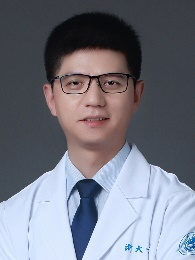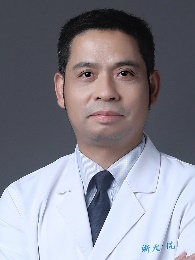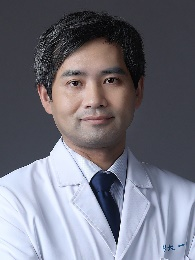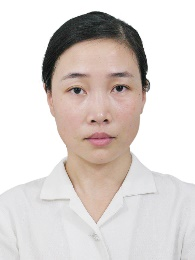Training schedule
Monday
1st Week: Introduction & Welcome, Program overview and objectives
Weekly: MDT conferences, Complicated case study
Weekly: Mentor one-on-one training:
-Topics:
1. Kidney Transplantation
2. Hemodialysis & Peritoneal Dialysis
3. Acute Kidney Injury
4. Chronic Kidney Disease
5. Immunology and Molecular Mechanisms of Kidney Diseases
6. Complications and Systemic Management in Kidney Disease
Tuesday
Weekly: Outpatient observation, Academic lecture, Basic Clinical Skills Training (e.g., urinalysis techniques)
Biweekly: Research Training:
-Major Themes:
1. Risk Assessment
2. Genetic Epidemiology
3. Heritable Syndromes
4. Early Detection of Kidney Disorders
5. Dialysis Innovation and Management
6. Immunosuppressive Therapy in Kidney Transplantation
Wednesday
Weekly: Clinical rounds, Kidney Transplant Surgery Observation
Biweekly: Simulated surgery training
Weekly: Lectures
-Topics:
1. Renal Pathology Techniques in Kidney Disease
2. Multidisciplinary Management of Kidney Transplant Recipients
Thursday
Weekly: Complicated case study, Case-based discussion
Weekly: Surgical skills training:
1. Suturing, knot tying, hemostasis
2. Puncture, catheterization, gastric tube
3. Square knot, surgical knot
4. Kidney Biopsy
Biweekly: Surgery hands on
Friday
Weekly: Journal club, Clinical rounds, Clinical skills training, Special task training
Last Week: Wrap-Up & Reflection, Participant presentations or discussion of key takeaways, Feedback session (e.g. online survey or live Q&A)





















